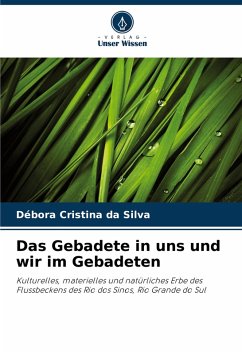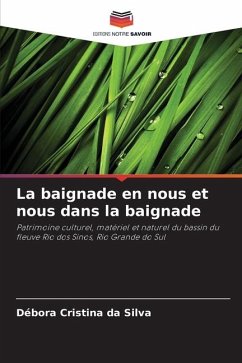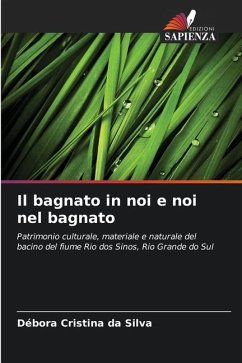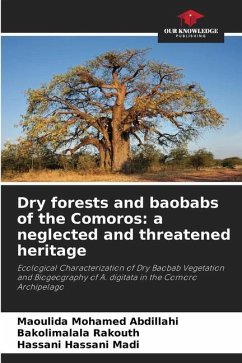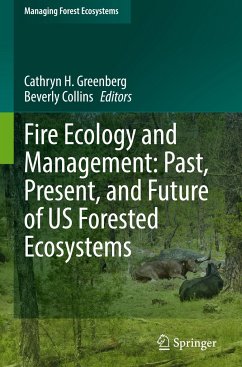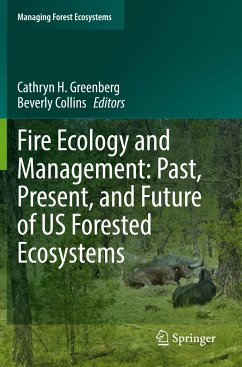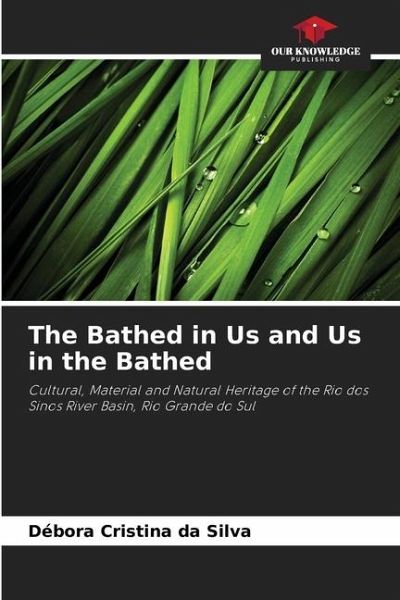
The Bathed in Us and Us in the Bathed
Cultural, Material and Natural Heritage of the Rio dos Sinos River Basin, Rio Grande do Sul
Versandkostenfrei!
Versandfertig in 6-10 Tagen
37,99 €
inkl. MwSt.

PAYBACK Punkte
19 °P sammeln!
Wetlands are capable of having a beneficial influence on water quality and quantity. The occupation of the marshes in the Rio dos Sinos catchment potentialises the negative effects of flooding and increases the difficulty of treating raw water for human supply. Ecosystems that are home to an important diversity of plant and animal species, they play the role of overflow areas for water bodies, capable of storing and filtering water during periods of flooding. This book is part of a dissertation that argued in favour of listing the marshes as heritage sites, an alternative option to environment...
Wetlands are capable of having a beneficial influence on water quality and quantity. The occupation of the marshes in the Rio dos Sinos catchment potentialises the negative effects of flooding and increases the difficulty of treating raw water for human supply. Ecosystems that are home to an important diversity of plant and animal species, they play the role of overflow areas for water bodies, capable of storing and filtering water during periods of flooding. This book is part of a dissertation that argued in favour of listing the marshes as heritage sites, an alternative option to environmental conservation and water resource management laws, because these are not observed to the extent that they ensure the conservation of the marshes. Sources capable of translating the relationship between people and the marshes were considered: photographic records, music, literature and, especially, listening to the narratives of people who have lived in the marshes and who reveal "the marshes in us and us in the marshes".



